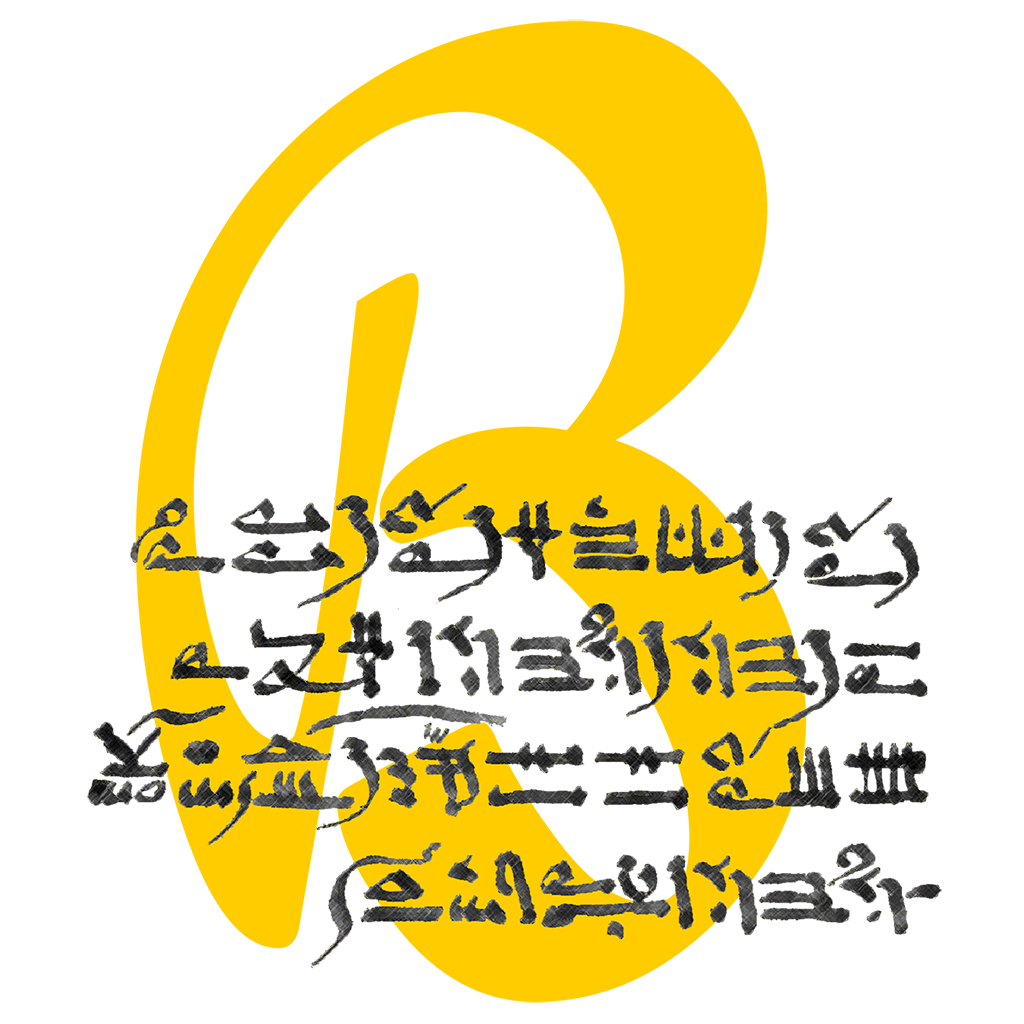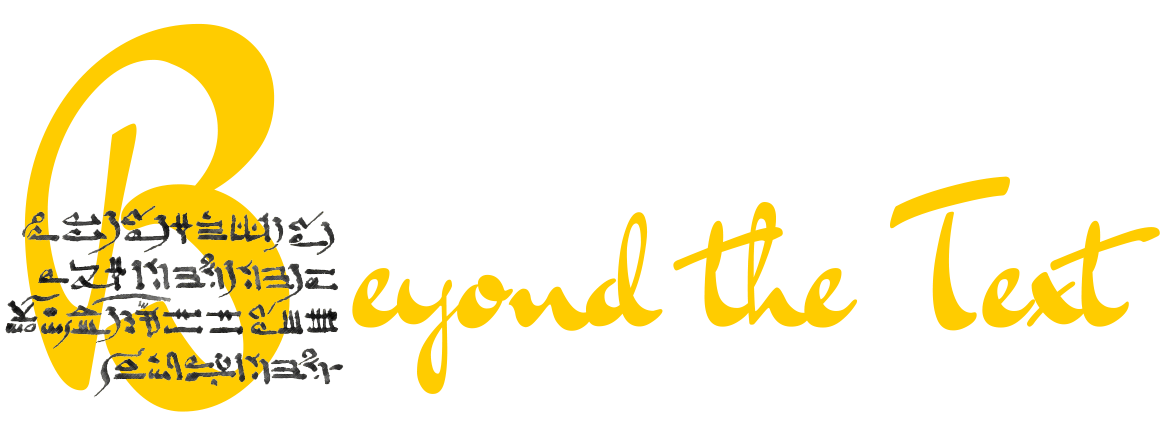
New Funerary Compositions from the Graeco-Roman Period: Textualities and Archaeology in Thebes
The project at a glance
The project aims to present the first comprehensive corpus of emerging funerary literature from the Graeco-Roman period in order to examine this genre from a textual, religious, iconographic and social perspective.
By combining funerary, documentary and archaeological sources, this research aims to analyse and contextualise the emergence and development of a specifically Egyptian literature within a now multicultural society in an interdisciplinary manner.
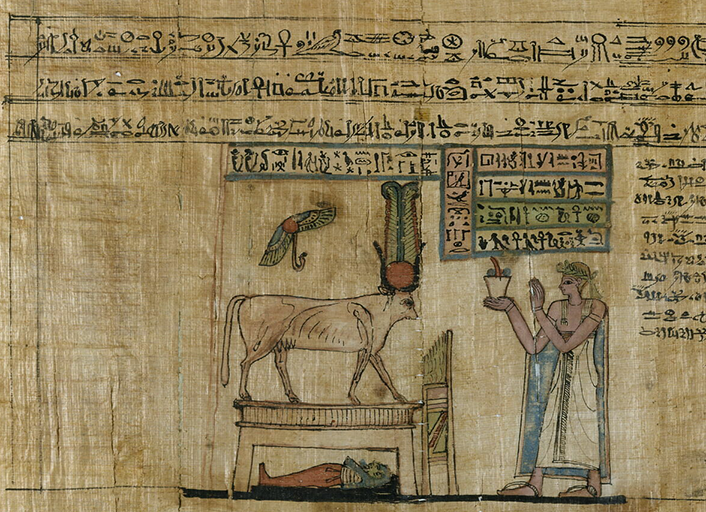
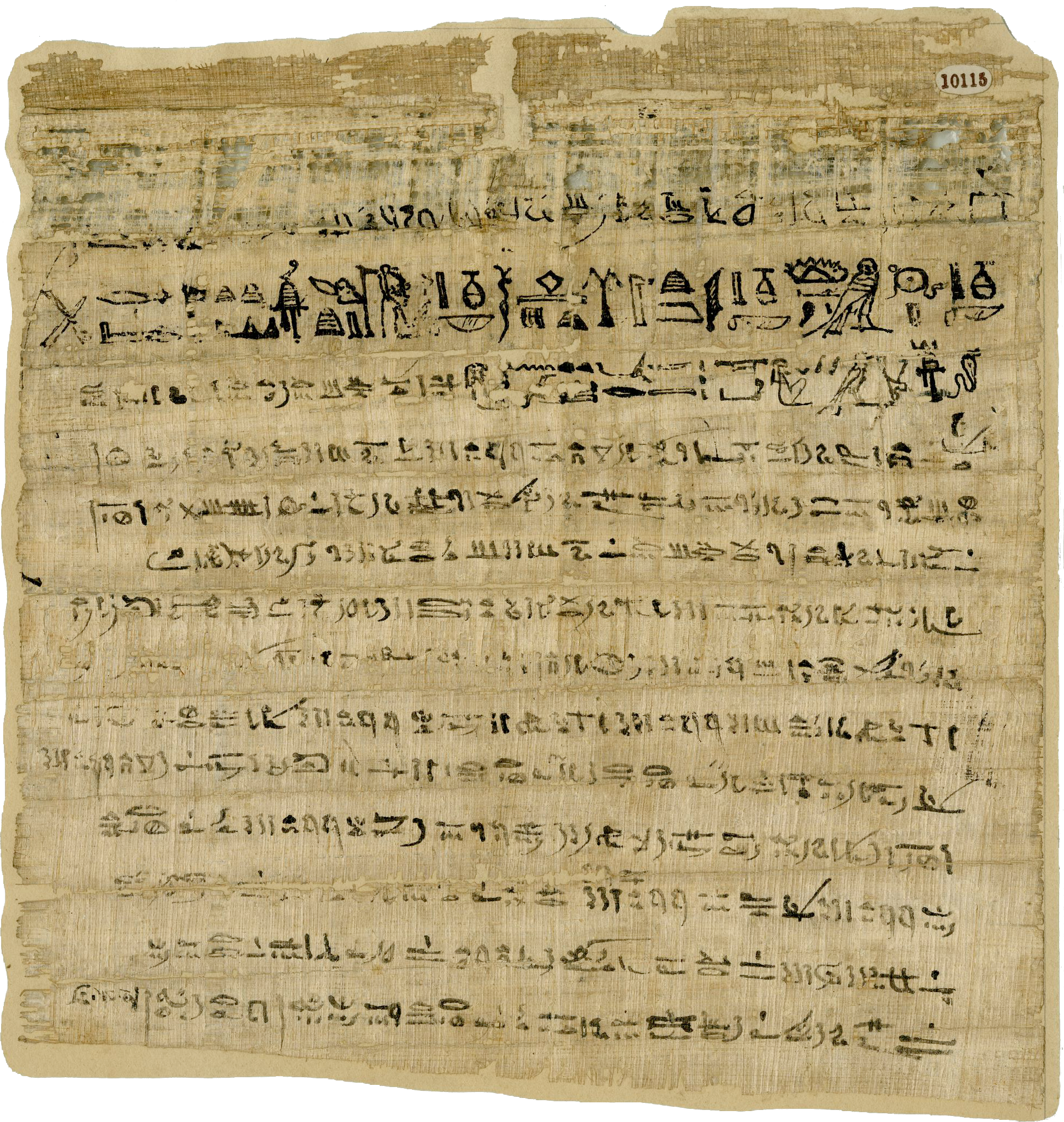
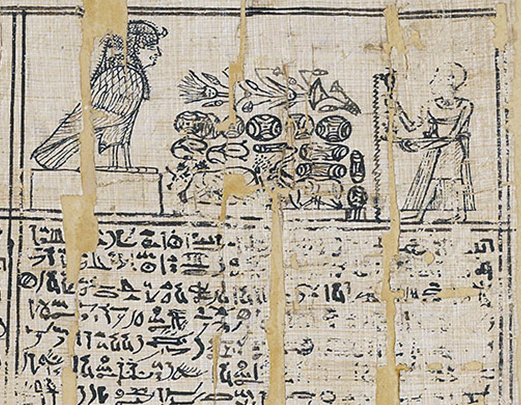
The project in brief
Ancient Egyptian culture leaves behind an extremely rich corpus of funerary texts, among which the Book of the Dead is perhaps the most widely known example. The Ptolemaic period (332-30 BC) saw the emergence of new funerary compositions with diversified contents and formats that would gradually supplant this famous compendium. This project proposes a thorough study of this phenomenon by offering an in-depth examination and contextualised knowledge of this emerging literature as a successor of an age-old practice and part of a reformulated tradition.
By studying the existing copies, the project intends to analyse the evolution of emerging funerary compositions and the transmission of these texts, so that we understand them through the notion of (re)productive tradition. Research will focus on the ideas or principles governing long and abridged versions of the same composition, and the development of derived or composite documents by trying to explain the processes of de-formalisation and re-formalisation of textuality.
Although their exact origin often remains unknown, these new witnesses are reputed to have come from Thebes. This encourages us to consider the particular role of this region, whose archaeological and religious characteristics the project intends to exploit in order to include this documentation within the local burial practices, and take into account the influence of neighbouring cults.
Research will also focus on the beneficiaries of these compositions, either as individuals or groups, so as to highlight the socio-cultural factors that favoured the emergence and fostered the evolution of this literature. This work will therefore place the emerging funerary compositions back at the heart of the concerns of the living and the socio-cultural changes that shaped the Theban region during the Ptolemaic and Roman times.
Combining funerary, documentary and archaeological sources, this project develops tools for philological and linguistic analysis and implements specific methods of archaeology, iconography and prosopography to contextualise this written tradition. This project therefore integrates the Theban funerary literature and practices in an interdisciplinary way into the history of a now multicultural Graeco-Roman Egypt, contributing not only to the history of religions but also to that of intercultural dialogue.
Beyond the Text consists of several specific projects
Main goals of the project
- To compile a comprehensive inventory of manuscripts reproducing emerging funerary compositions of the Graeco-Roman period and constitute a database.
- To identify and publish new manuscripts and documents in order to complete the documentation.
- To place these textual productions in the Theban archaeological landscape, focusing on funerary assemblages.
- To investigate the identity and priestly functions of the owners of funerary documents and their family.
- To compare the iconography of funerary papyri and artefacts.
- To analyse the emerging funerary compositions through their copies and trace their evolution.
- To examine the interactions that prevailed in the evolution of the Graeco-Roman funerary literature and ritual practices in the Theban region.
- To consider the socio-cultural circumstances surrounding the emergence and development of new funerary compositions in the Theban region, as they gradually replaced the well-established tradition of the Book of the Dead, as well as the role of these creations in a now multicultural society.
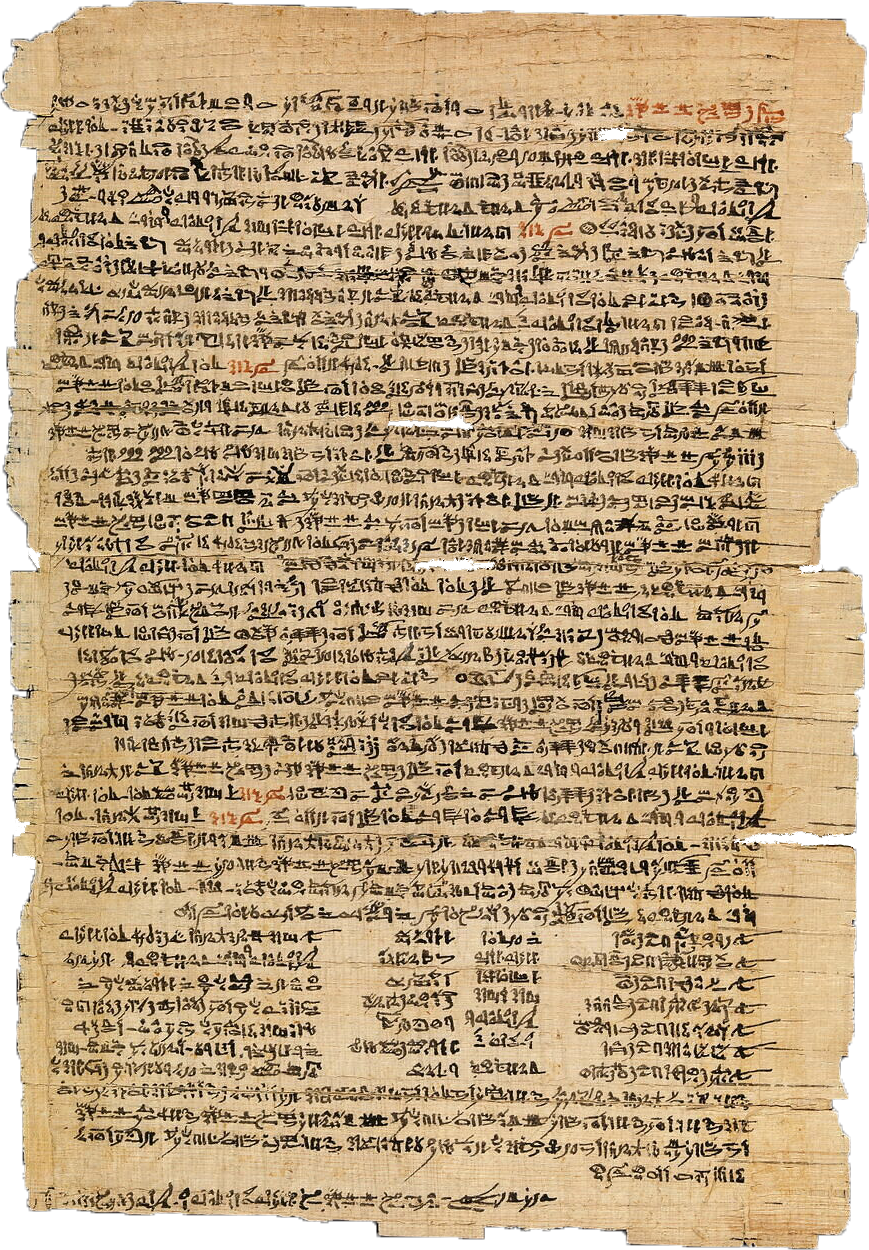
Beyond the Text,
it is also a team!

Address
Universität Basel
Departement Altertumswissenschaften
Petersgraben 51
CH-4051 Basel
Contact
info@beyondthetext.ch
